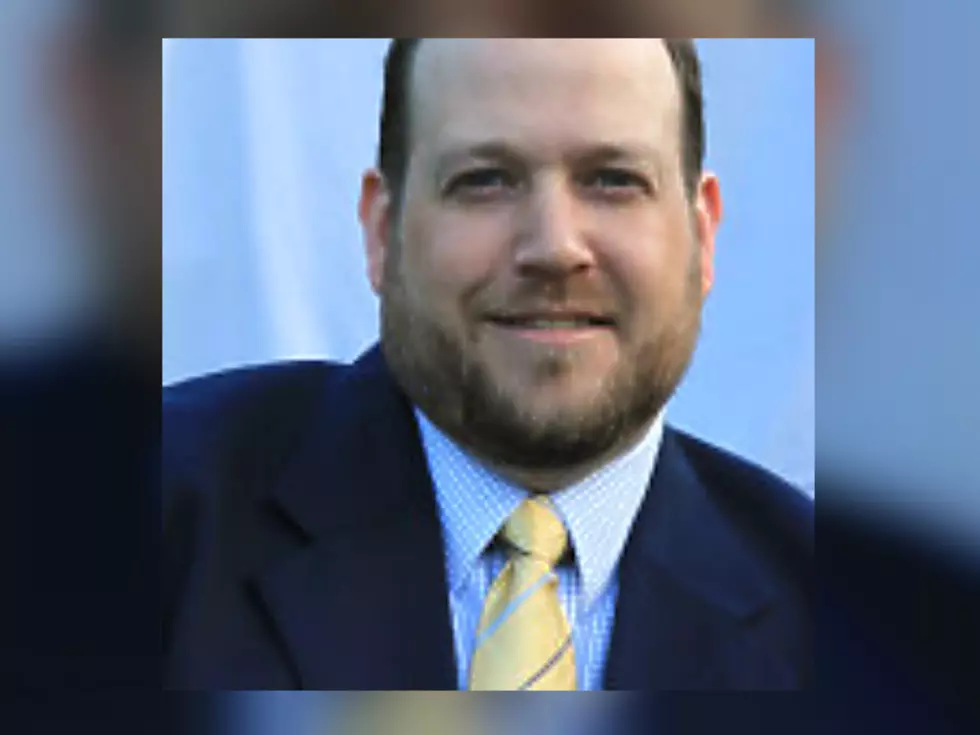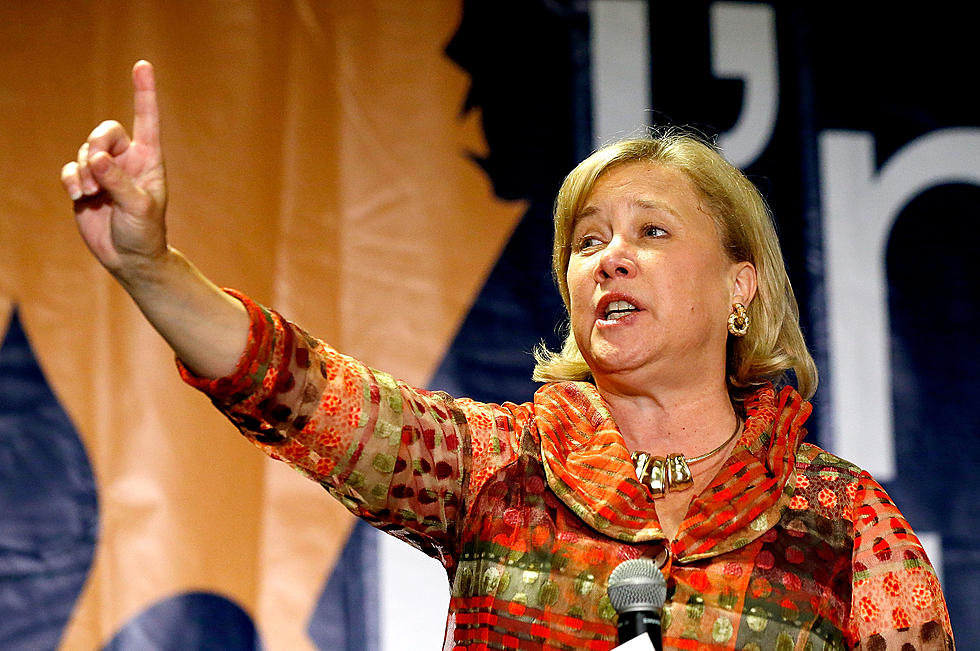
Landrieu Comments On Successful Test Of Oil Containment System
WASHINGTON – United States Senator Mary L. Landrieu, D-La., today welcomed news that oil and gas operators have successfully tested a new rapid response containment system that can trap as much as 60,000 barrels of oil per day from a leaking deepwater well and stop a spill within weeks. In developing the new technology, the petroleum industry appears to have cleared a final hurdle toward resumption of deepwater drilling in the Gulf of Mexico following a moratorium on government permits under the Bureau of Ocean Energy Management, Regulation and Enforcement (BOEMRE) in response to the BP Deepwater Horizon oil spill nearly ten months ago. The spill, which took 85 days to plug, leaked an estimated five-million barrels of oil into the Gulf.
The Marine Well Containment Company (MWCC), a non-profit organization comprised of member oil and gas companies, announced the breakthrough in Houston today, just hours after completing the series of tests. Sen. Landrieu said, “Last night, the offshore oil and gas industry hit a major milestone when the integrity of the containment equipment successfully passed all tests. The Marine Well Containment Company developed a rapid response containment system that will capture oil or gas should another major blowout occur in the future. This means that instead of developing a containment system during the spill, as we saw happen with the Macondo well in the BP Deepwater Horizon spill, the equipment is already built, tested and ready to be deployed as necessary. This should give BOEMRE and the American public complete confidence that oil will not spew into the environment for days on end. This test provides assurance that the industry can contain a spill, if necessary.”
Sen. Landrieu called on BOEMRE to avoid further delay in issuing new deepwater drilling permits and allowing the 13 oil and gas companies whose 16 deepwater wells were ordered shut down after the April 20,, 2010 blowout on the Deepwater Horizon rig to resume operations. “I understand that BOEMRE has been waiting on this issue to be resolved before moving forward on deepwater permits,” Sen. Landrieu said. “Now, I hope BOEMRE will be issuing deepwater permits in the very near future. BOEMRE’s foot-dragging on issuing permits is forcing companies to move deepwater rigs from the Gulf to other parts of the world, and that has cost Louisiana and the Gulf Coast thousands of jobs. Just last week, one company, Seahawk, declared bankruptcy because it could not get a permit to drill.”
MWCC said the new initial response system includes a sub-sea capping stack with the ability to shut-in oil flow or to flow the oil via flexible pipes and risers to surface vessels. The organization said the system also includes subsea dispersant injection equipment, manifolds and, through mutual aid among members, capture vessels to provide surface processing and storage. MWCC said it has consulted with BOEMRE throughout the development process to ensure the system is designed to meet the government’s requirements as outlined in NTL No. 2010-N10. ExxonMobil, in partnership with Chevron, ConocoPhillips and Shell, continues to lead the development of additional system components to expand the initial system’s capabilities, with completion of the expanded system set for 2012.
More From News Talk 96.5 KPEL









